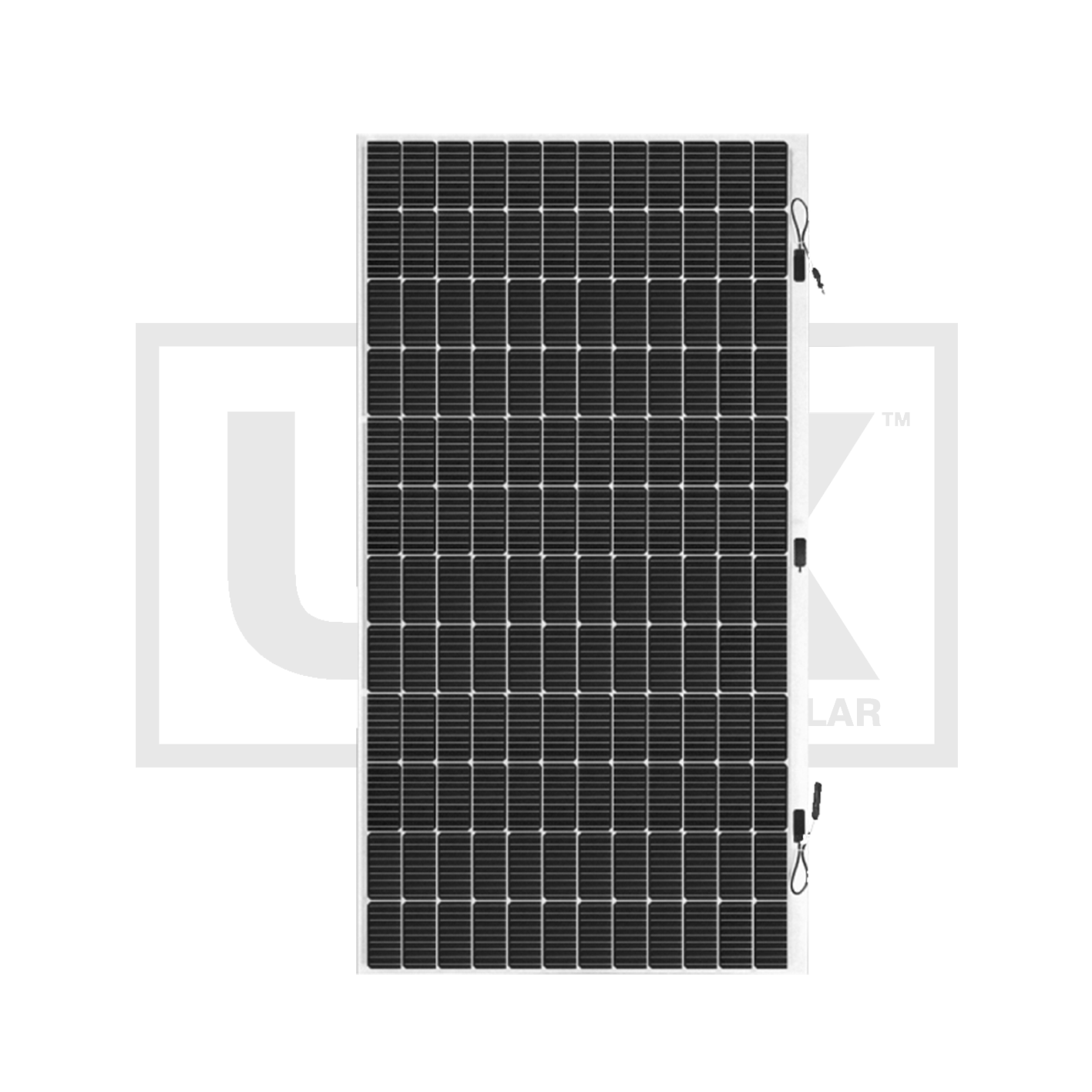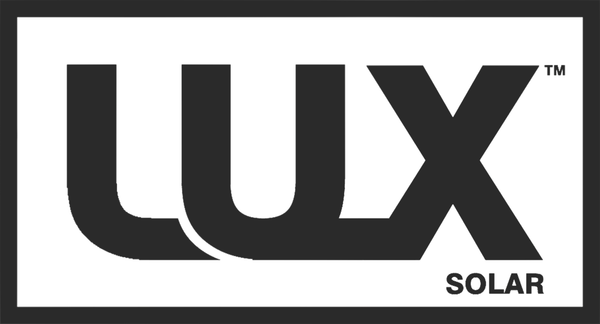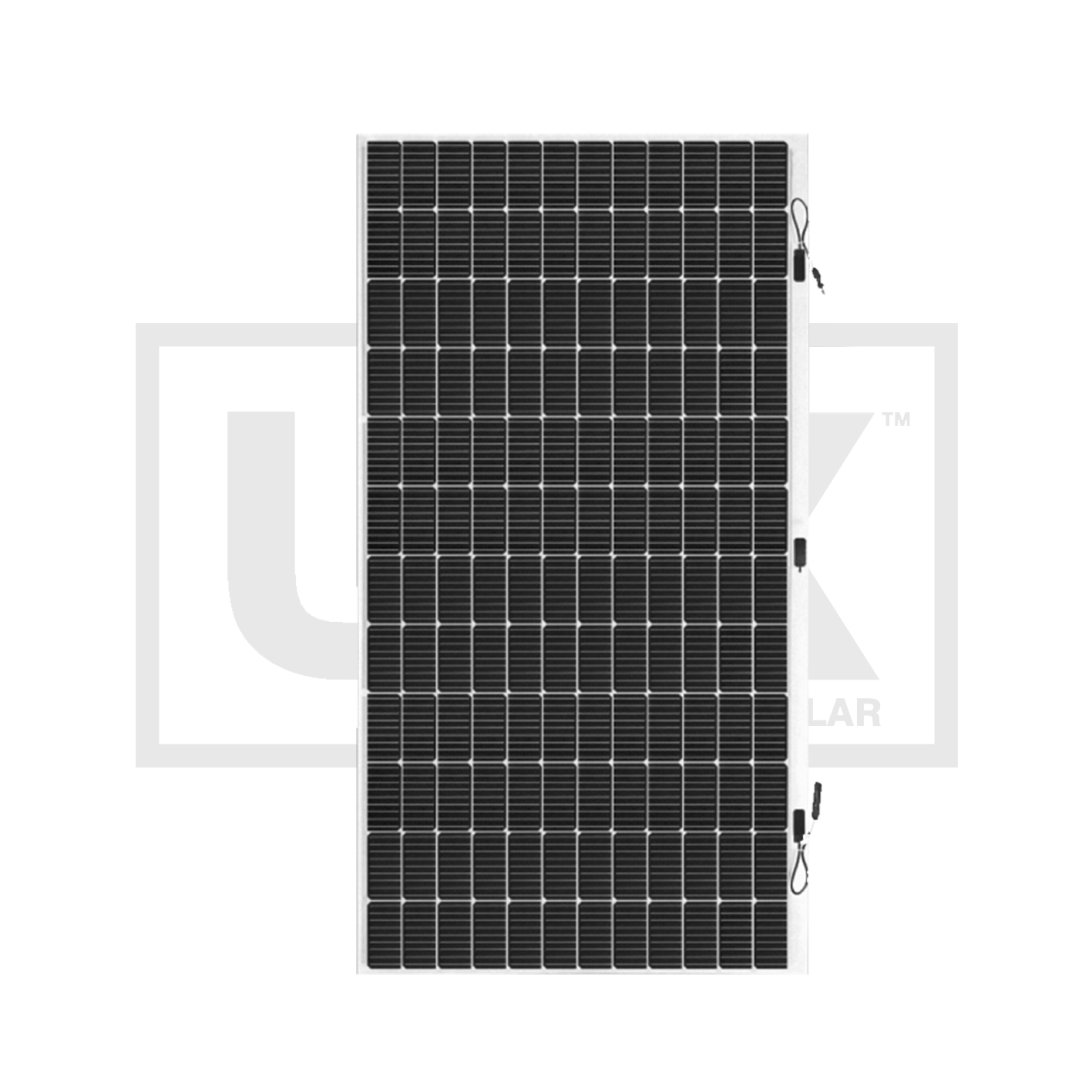430 Watt Sunman Flexible Solar Panel 5 year marine warranty Mono EARC®
430 Watt Sunman Flexible Solar Panel 5 year marine warranty Mono EARC®
SKU:SMF430F-12X12UW
Couldn't load pickup availability
Shipping
Shipping
Solar Panels and Kits ship from $0 (Auckland central) to $29.99 (rural South Island). Adding a Battery increases shipping costs due to heavy and dangerous goods classification.
Orders are shipped Mondays to Fridays and take on average 1-3 working days to arrive.
Warranty & Returns
Warranty & Returns
For Tiny homes, batches and houses: 10 years for product defects in materials and workmanship. 25 years for 80% of warranted minimum power. and 5 Year Marine & vehicle warranty.
We have a 7 day change of mind return policy, subject to a restocking fee.
NOTE: These 430 watt panels do have cosmetic scratches. This is just COSMETIC DAMAGE and DOES NOT affect the output.
Please note - this will take slightly longer to deliver due to the large fragile size. Allow 3-5 business days for shipping.
Sunman eArc® panels are among most most reliable flexi panels on the market - and they are certified to all the same industry standards as framed panels and are perfect for marine solar applications and other application requiring mounting on a curved surface.
eArc is the first glassless module to pass the same durability tests as conventional glass modules, including IEC 61215:2016, IEC61730:2016 and UL1703 (USA). eArc has also passed PIO, salt mist and ammonia corrosion tests.
Sunman panels are the only flexible solar panels approved by the clean energy council of Australia for mounting on a building.
The junction boesx are IP68 certified for water resistance, with MC4 solar connectors.
| Specifications: | 430 Watt |
| Power (W) | 430 |
| Vmp (V) | 42 |
| Imp (A) | 10.24 |
| Voc (V) | 49.8 |
| Isc (A) | 10.74 |
| Weight (kg) | 7.2 |
| Size (mm) | 2054 x 1080 x 2 |
.
Monocrystalline
Monocrystalline
At LUX Solar we only source monocrystalline panels as they offer the highest efficiency. Monocrystalline panels are manufactured from a single rod of silicon thus the crystal structure inside the silicon is uniform, with very few impurities. Polycrystalline panels on the other hand are made up of smaller crystal structures that introduce grain boundaries in each solar cell. This causes inefficiencies in the conduction of electrons due to defects associated with the crystal boundary.
PERC
PERC
Passivated Emitter and Rear Cell (PERC) technology is a solar technology that improves light capture near the rear surface of solar panels and optimizes electron capture. Although it was first invented in the 1980s by the University of New South Wales, Australia, it has only recently been successfully commercialized at scale.
BB (Busbar)
BB (Busbar)
Busbars conduct the power generated by solar cells when they are hit by photons. 5BB means there are five busbars in each solar cell. 10BB mean there are 10 busbars in each solar cell. Back in the day, solar panels used to have only 2 busbars, but as technology evolves, the solar industry has been increasing the number of busbars in solar panels, to reduce internal resistance losses and increase cell efficiency.


Plan your Solar in under 2 Minutes
LUX Solar's AnyKit Builder helps you design a pre-wired kit for your caravan, boat, campervan, or small tiny home. No Experience Needed!
In just minutes, create a custom electrical setup tailored to your use case. Select the major components you would like and LUX AnyKit automatically figures out all the details such as product compatibility, required cables, fuses, lugs, circuit breakers and more.

